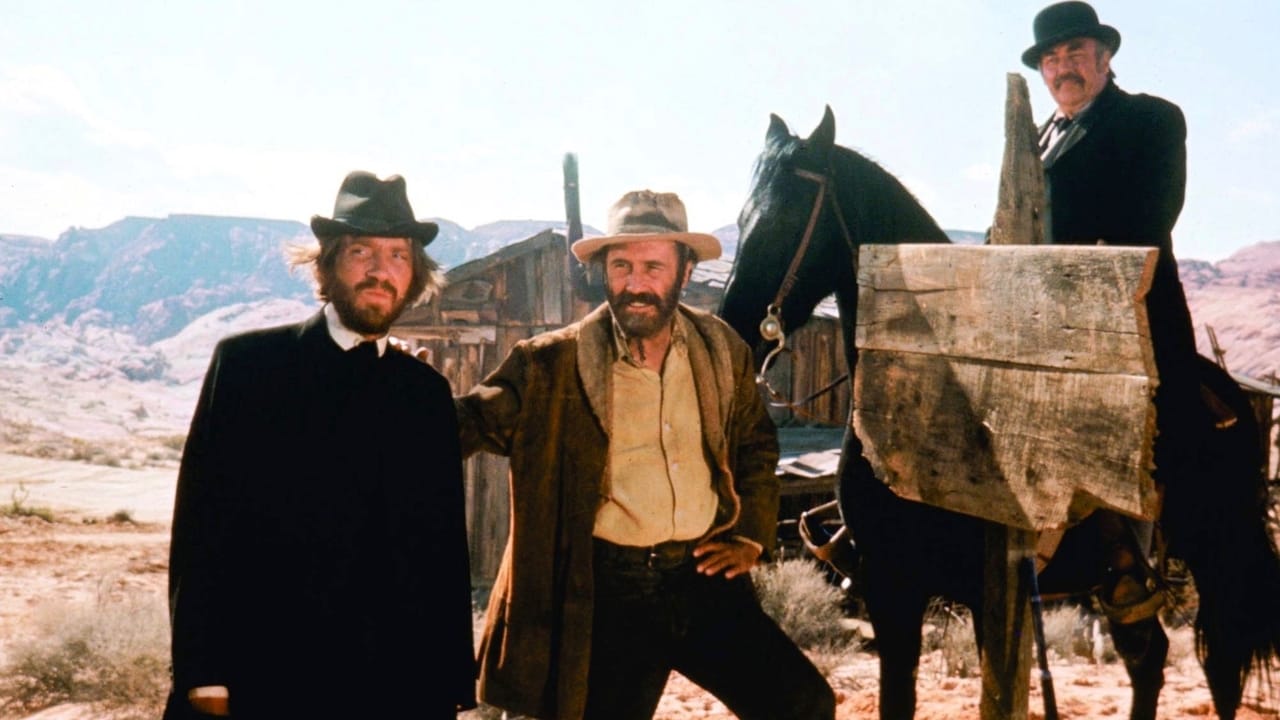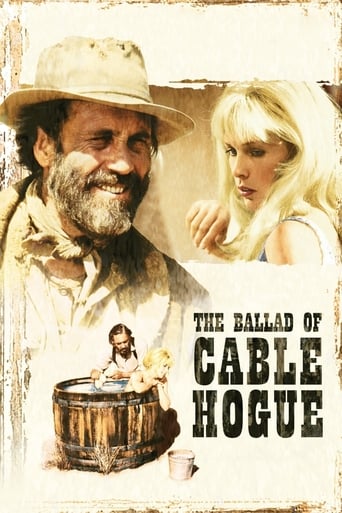

Bad Acting and worse Bad Screenplay
... View MoreAn Exercise In Nonsense
... View MoreThe movie's neither hopeful in contrived ways, nor hopeless in different contrived ways. Somehow it manages to be wonderful
... View MoreClose shines in drama with strong language, adult themes.
... View MoreIt is extremely rare for me to watch the same movie over and over, but that's just how much I enjoyed this one! (of course, Encore's line-up give a whole new meaning to Re-runs) I liked it so much, I bought a copy to share.Encore's ad said this was Peckinpaugh's favorite film and that the "studio brass hated it." I'd have to say Peckinpaugh's feelings were right and the studio brass at the time were not too bright.This is a movie that should appeal to both sexes: not a chick-flick or a high drama guy's film. It's difficult to file this movie into any one genre, as it has a slight Western feel with a lighthearted touch of tenderness and it's wonderfully comical. The little 'dance' Cable does after leaving the land office is priceless, LOL! Another rarity for me is to instantly like the music scores from any movie. "Tomorrow Is The Song I Sing" and "Wait For Me, Sunrise" were stuck in my head, even the day after watching the movie the first time. I was happy to find both songs on YouTube and saved them to my play-list. The lyrics from both songs contain meaning that can strike a chord with anyone who has ever faced hard times, looking for a brighter tomorrow. (I expect this would be just about everyone)
... View MoreIn direct response to the controversy which erupted over the unprecedented violence and gritty realism of The Wild Bunch, Sam Peckinpah did what many of the greatest American filmmakers have done over the years. His next project would end up being almost intentionally counter to the previous film.The result was The Ballad of Cable Hogue, a small-scale, intimate tale that is equal parts a nostalgic look back to the Old West and a tribute to the kind of man capable of surviving and thriving in such an environment. Jason Robards is touching and firm as the title character, left for dead in the prologue but able to fight through his misfortunes and create his own oasis. Along the way, he encounters a most unusual and shifty man of the cloth and a prostitute with a heart of gold. Stella Stevens is really wonderful as Hildy, one of the best examples of this most ancient of Hollywood screenplay clichés. Her romance with Hogue is both sincere and sad as Peckinpah uses this as a template for how the romantic West quickly found its way into decline and obsolescence.Peckinpah may have gotten a lot of flack for The Wild Bunch but this film received almost just as much criticism, ironically for being almost exactly not what he had come to be known for. However, some forty years later, Peckinpah's true vision of men unable to conform to the regularities of society shines through. Gorgeous photography, solid acting, a beautiful score and themes of survival and memory point to this as one of the most brutal Western director's gentlest and personal triumphs.
... View MoreOf all the movies which director Sam Peckinpah created, this became his favorite. It's called " The Ballad of Cable Hogue " and was written by John Crawford. The story is told of a poor prospector named Cable Hogue (Jason Robards) who's cowardly partners (Strother Martin and L.Q. Jones) left in the desert to die. Wondering through the desert and nearing death, Hogue stumbles blindly through a sand storm and to his amazement, discovers water. The nearest town to his location is Dead Dog, twenty miles away. A wondering Preacher (David Warner) becomes his first customer and gives him some free advice for a dime's worth of water. Traveling into town, he files a Claim, makes arrangement to provide water to a Stage line and meets a girl name Hildy (Stella Stevens) who has dreams of traveling to San Fransisco. Later, when Hogue becomes successful, he once again meets up with the two men who left him for dead. This time he is prepared and plans to bury them where he himself should have died. The movie is fun to watch and with a list of additional stars like Slim Pickens, Peter Whitney and R.G. Armstrong becomes a Classic in it's own right. ****
... View MoreI didn't even know this was a Sam Peckinpah movie when I watched it. It has been programmed regularly on Cable TV here in the UK, and I idly switched over to it one Sunday evening. Cowboy movies in 2012? You must be joking! However, I was sufficiently hooked to watch this guy left for dead in the desert. It looks like Jason Robards, so it has to have something going for it. He finds a muddy puddle in the desert. OK, a cliché about this guy building up a prosperous business from scratch. Well, not quite. The clichés never happen. Instead the dialogue is interesting, poetic, never predictable. The character of Cable Hogue has depth and empathy. David Warner hoves into view as a disreputable preacher, dressed in black and thin as a gutter. In the nearest town we meet the hooker, played beautifully by the delectable Stella Stevens. OK, there are elements of slapstick which never quite work, but you feel the movie has something beyond the conventional western. When I discovered it was by Peckinpah, I immediately thought - yes, this is the work of a great director. Not a full-blown symphony, perhaps a string quartet (though by all accounts it cost enough to make). It leaves you with a feeling of satisfaction, tinged with melancholy. That coyote at the end has a collar - perhaps a symbol of the taming of the wilderness.
... View More